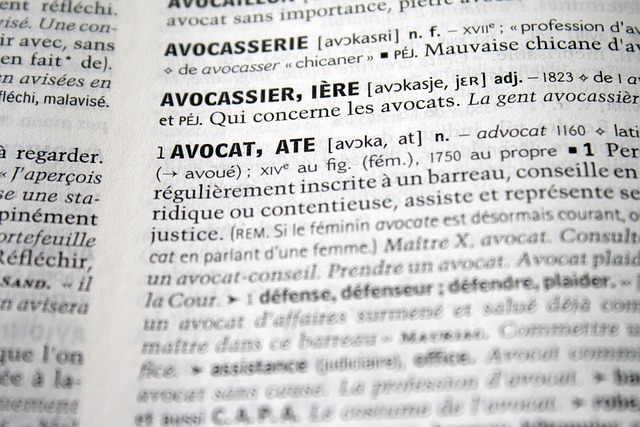Class action lawsuits give voice to affected individuals by consolidating similar claims for collective justice and financial redress. After winning, determining damages and relief is crucial, leading to potential monetary settlements or complex remedies. Choosing the right litigation type, considering case specifics and strategic goals, maximises compensation from class action lawsuits, with expert legal guidance ensuring fair outcomes.
Explore different litigation types and their impact on seeking compensation from class action lawsuits. This comprehensive guide delves into the intricacies of three key areas: understanding the dynamics of class actions, navigating post-win compensation steps, and strategically choosing litigation types for optimal rewards. By mastering these aspects, individuals can effectively pursue justice and financial redress in complex legal landscapes.
- Understanding Class Action Lawsuits: A Comprehensive Overview
- The Path to Compensation: Steps After Winning a Lawsuit
- Strategic Considerations in Choosing Litigation Types for Maximum Rewards
Understanding Class Action Lawsuits: A Comprehensive Overview

Class action lawsuits are a powerful legal mechanism that allows a group of individuals with similar claims to collectively pursue justice and compensation from entities they believe have wronged them. Unlike individual lawsuits, where each person files their own case, class actions pool these claims into one suit, potentially resulting in significant financial recoveries for the affected parties. This type of litigation is particularly effective when dealing with issues like widespread consumer fraud, environmental damage, or employment discrimination, where many people may have been harmed by a single act or practice.
In a successful class action, the court certifies the case as a class action, binding all members of the defined class together. This ensures that every individual in the group can share in any compensation awarded, regardless of their specific circumstances. The respective business or entity responsible for the harm faces the potential for substantial monetary penalties and is required to address the issues raised. While the goal is often not just financial compensation from class action lawsuits, it remains a critical aspect, providing a measure of justice and serving as a deterrent for future misconduct.
The Path to Compensation: Steps After Winning a Lawsuit

After winning a lawsuit, the path to compensation involves several crucial steps. Once a judge or jury rules in your favor, the next phase is to determine the extent of the damages and the appropriate form of relief. This may include monetary compensation for losses suffered, which can be substantial in class action lawsuits where many individuals have been affected by a common issue. The court will assess the evidence presented during the trial to calculate a fair reimbursement.
It’s important to remember that, depending on the case, the outcome could vary from a simple financial settlement to more complex remedies. In some instances, an out-of-court agreement might be reached, avoiding the need for lengthy jury trials. However, if all charges are not completely dismissed, appeals and further legal proceedings may ensue, prolonging the process. The key is to have robust representation that can navigate these complexities, ensuring you receive the compensation from class action lawsuits that you’re rightfully due.
Strategic Considerations in Choosing Litigation Types for Maximum Rewards

When selecting a litigation type, understanding strategic considerations is key to maximizing potential rewards, including the compensation from class action lawsuits. Different legal avenues cater to various types of cases and clients. For instance, while class actions offer significant financial benefits for large-scale consumer issues, they are not always suitable for all plaintiffs or respective business scenarios. Each case presents unique challenges and opportunities, necessitating a nuanced approach.
Moreover, the choice should factor in the interests of both corporate and individual clients involved in white-collar defense cases. Balancing economic gains with legal feasibility is crucial. Consulting experienced legal professionals who can navigate these complexities ensures informed decisions that align strategic goals with attainable outcomes, thereby enhancing the chances of securing substantial compensation from class action lawsuits.
Litigation comes with its own set of complexities, but understanding the various types, like class action lawsuits, can empower individuals to seek compensation from class action lawsuits effectively. By navigating the strategic considerations outlined in this article, plaintiffs can maximize their rewards and contribute to pivotal legal outcomes. Embracing these insights is essential for anyone looking to participate in litigation that drives meaningful change and financial redress.






